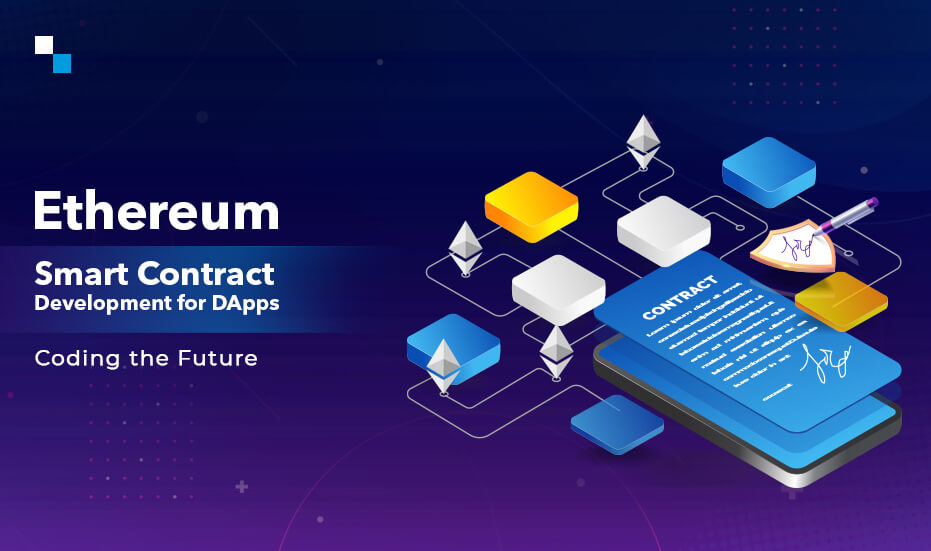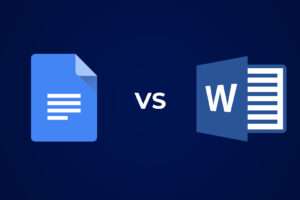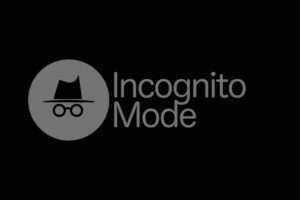Imagine a world where agreements execute themselves, trust is baked into the system, and transparency reigns supreme. This isn’t a utopian dream, but the reality of blockchain technology. And at the heart of this revolution lies the enigmatic figure of the smart contract.
So, what are smart contracts? Think of them as self-executing programs stored on a blockchain, like Ethereum. These contracts define the terms of an agreement, and when specific conditions are met, the code automatically executes, eliminating the need for intermediaries and boosting trust. This opens up a pandora’s box of possibilities for developers, who can build decentralized applications (dApps) on these platforms, transforming industries and redefining how we interact with the digital world.
Why Ethereum?
Among the various blockchain platforms, Ethereum shines as the beacon for smart contract development. Its robust infrastructure, vibrant developer community, and well-established ecosystem make it the preferred playground for building dApps. From DeFi protocols to NFT marketplaces, the possibilities are as endless as the imagination.
Building Blocks of Blockchain Apps:
But how do you, a mere mortal, navigate this digital frontier and build your own dApp? Buckle up, as we unpack the essential tools and concepts:
- Solidity: The programming language of choice for writing smart contracts on Ethereum. Master its syntax and you’ll hold the key to unlocking the potential of the blockchain.
- Web3.js: This JavaScript library connects your dApp to the Ethereum blockchain, allowing you to interact with smart contracts and read data from the network.
- Truffle & Hardhat: Powerful development frameworks that streamline the smart contract development process, offering testing tools, debugging capabilities, and deployment workflows.
- MetaMask: Your gateway to the Ethereum ecosystem. This browser extension acts as your digital wallet, storing your crypto assets and allowing you to interact with dApps.
Beyond the Hype: Challenges and Cautions
While the allure of blockchain is undeniable, the path is not without thorns. Security vulnerabilities in smart contracts can be exploited, leading to financial losses. Scalability issues still plague the technology, hindering mass adoption. And regulatory uncertainty creates a complex landscape for developers to navigate.

The Future of Smart Contracts:
Despite the challenges, the future of smart contracts is bright. Developers are constantly innovating, finding solutions to scalability issues, and improving security best practices. Governments are exploring ways to regulate the sector, fostering a more stable environment. And as blockchain technology matures, we can expect to see even more groundbreaking dApps emerge, transforming industries and reshaping our digital lives.
What Are Smart Contracts?
A smart contract is essentially a piece of software or code that is stored on the blockchain and runs when certain predefined conditions are met. The great thing about smart contracts is that they are completely self-executing and free from any third party intervention. When the specified criteria are satisfied, the smart contract will seamlessly run whatever functions it is programmed to execute.
This eliminates the need for relying on any central or external authorities for regulation and oversight. The underlying blockchain technology makes smart contracts completely transparent, decentralized, and trustless. All the interacting parties can be sure that the terms will be executed with absolute precision.
The Possibilities with Smart Contracts
The potential of smart contracts is truly endless and can impact a host of industries such as finance, real estate, healthcare, supply chain, and more. Here are some examples of how smart contracts can be applied:
- Automatic insurance payouts once terms are met
- Real estate transactions with security deposits held in escrow
- Efficient peer to peer lending without intermediaries
- Transparent, equitable payment distribution for digital content creators
As you can see, smart contracts hold immense power in enabling a more decentralized and open internet where additional trust is baked into applications. Entire decentralized finance applications (DeFi) and exchanges are built with interoperable smart contracts on the blockchain.
Why Ethereum is Perfect for Smart Contract Development
While there are other blockchain platforms like Cardano, Solana, and Polkadot – Ethereum currently has the most mature ecosystem for developing smart contracts. Here are some details:
- Established network with enhanced security over new chains
- Most developers and resources for smart contract building
- Various frameworks available like Hardhat and Truffle
- Interoperability with other tokens and services
- Numerous wallets options like MetaMask
All of these traits make Ethereum easy to onboard and an attractive environment for programmers. With more scale comes an ever growing developer community – ensuring Ethereum’s dominance in smart contract and dApp creation.
Tools for Ethereum Smart Contracts
In order to build dApps on Ethereum, developers require special tools for coding and deployment. For smart contract creation, the Solidity programming language is the standard. Here are some essential tools to get started:
Solidity
As mentioned, Solidity is the object-oriented language for writing smart contracts on Ethereum. The syntax is similar to JavaScript, making it easy to pick up for many devs. With Solidity you can create and deploy complex contracts for token issuance, decentralized exchanges, NFT minting and more.
Web3.js
This JavaScript library allows your application front-end to interface with the Ethereum blockchain. That means connecting with smart contract functions for execution and state changes. Web3.js also enables retrieval of information from the Ethereum network like wallet balances and gas costs.
Truffle Suite
Truffle Suite includes development tools like Truffle and Ganache – critical features when coding dApps on Ethereum:
- Truffle Framework – Streamlines compiling, linking and deploying smart contracts.
- Ganache – Allows for a personal blockchain for rapid testing.
- Drizzle – Frontend libraries for seamless dApp integration.
By utilizing Truffle, developers can avoid many headaches working with raw contracts and focus more on core functionality.
MetaMask
No list would be complete without mentioning MetaMask. This crypto wallet extension allows users to connect Ethereum dApps through the browser. With MetaMask you can:
- Securely manage Ether and other tokens
- Connect with dApps to enable utility
- Swap tokens without centralized exchanges
- Easy onboarding to Web3
For smart contract developers, having users setup with MetaMask ensures the best experience accessing your decentralized applications.
The Future of Ethereum Smart Contracts
While Ethereum had established itself as the top smart contract platform, it is still evolving with upgrades like Eth2 seeking to solve lingering issues around scalability and cost.
However, the pace of crypto innovation runs fast with competing L1 and L2 chains now also gunning for market share. Despite this challenge, Ethereum’s first mover advantage, network security model and pace of developments like proof-of-stake beacon chain integration should keep it at the forefront.
As blockchain matures into public consciousness, expect Ethereum to lead the way in innovative and disruptive decentralized apps impacting major industries globally. The programmability now unlocked by smart contracts represents a pivotal new tool for builders. And Ethereum currently provides the richest smart contracting playground to enable the next generation of world-changing applications.
















Add Comment